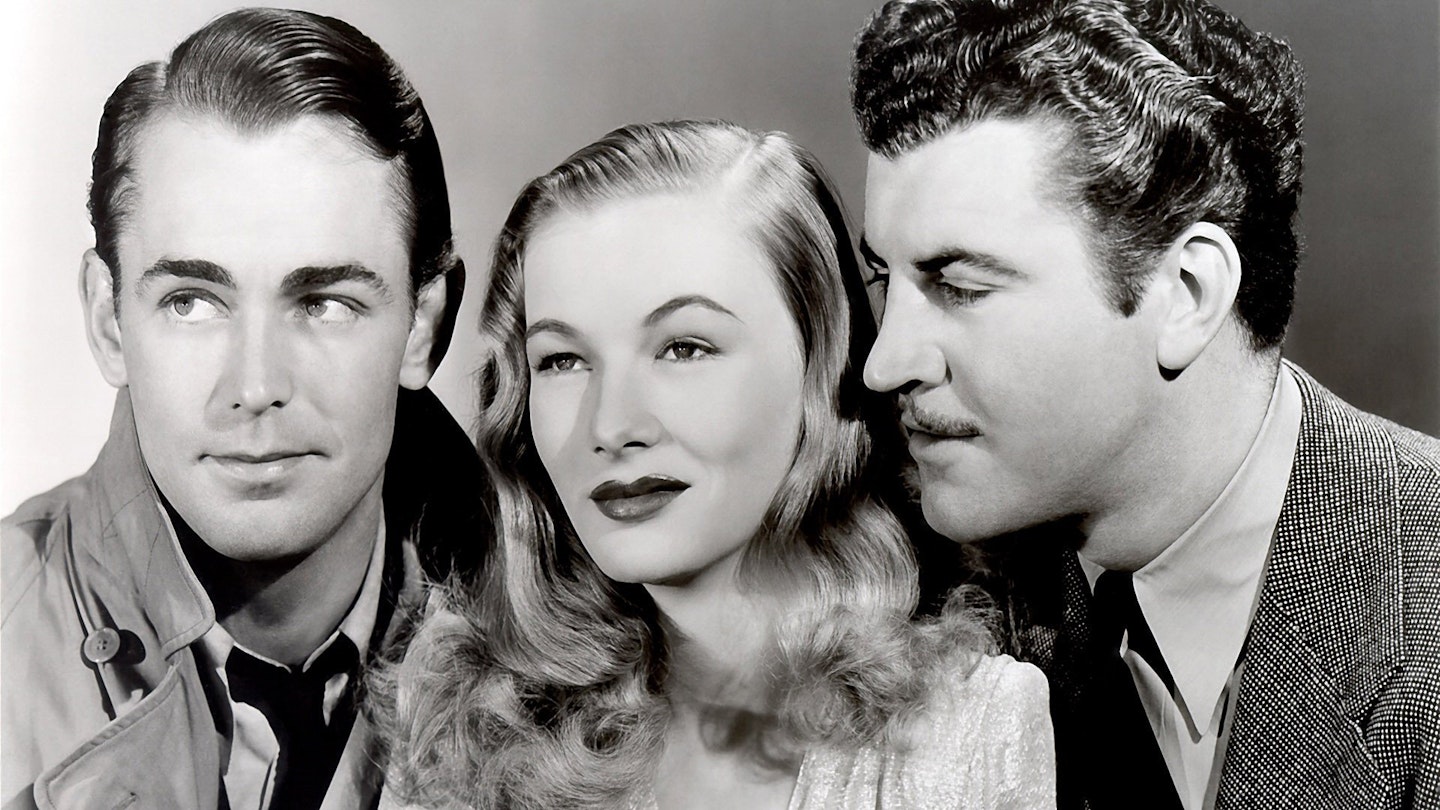Graham Greene sold A Gun for Sale to Paramount for £2,500 in 1934. However, eight years were to elapse before it reached the screen, as an early Hollywood contribution to the American war effort.
In 1958, Greene would volubly express his fury when Joseph L. Mankiewicz wholly reversed his political standpoint in translating his hard-hitting Indo-China novel, The Quiet American. Yet he had fewer qualms when Albert Matz and W.R.Burnett did much the same with this coldly calculating depiction of violence, shruggingly conceding that the need to pay the bills often compels artists to grant carte blanche in the adaptation of their work.
In addition to transposing the action from London to California, Maltz and Burnett also amended the storyline so that Raven's target became a blackmailing scientist instead of a socialist politician. They also introduced the Freudian motivation of an abusive stepmother to justify Raven's crimes and allowed Alan Ladd to reimagine Greene's repulsive, hare-lipped killing machine as a loner with a damaged wrist. Even Ellen Graham was given a new brief, as an FBI agent prepared to do what it takes to do her duty.
But, most provocatively, the attack on Pearl Harbor prompted the scenarists to insert some insidious anti-Japanese propaganda that matched the viciousness of their reinterpretation of the hiring industrialist as a seethingly corrupt cripple, who was reportedly based on motor manufacturer, Henry Ford.
Yet, for all the bowdlerisation, veteran director Frank Tuttle managed to produce a compelling prototype film noir, whose dark heart was evocatively captured by John Seitz's increasingly brooding photography. Despite leading a double life, Ellen remains a classic femme fatale, even though Veronica Lake makes her eminently sympathetic, while Ladd's troubled, anti-heroic assassin would be endlessly imitated, from his own Western, Shane, through to Jean-Pierre Melville's Le Samourai and Luc Besson's Leon.
Greene's novel was subsequently adapted as the James Cagney vehicle, Short Cut to Hell , and as the 1991 Robert Wagner teleplay, This Gun for Hire. But neither could compare to this underrated original.
